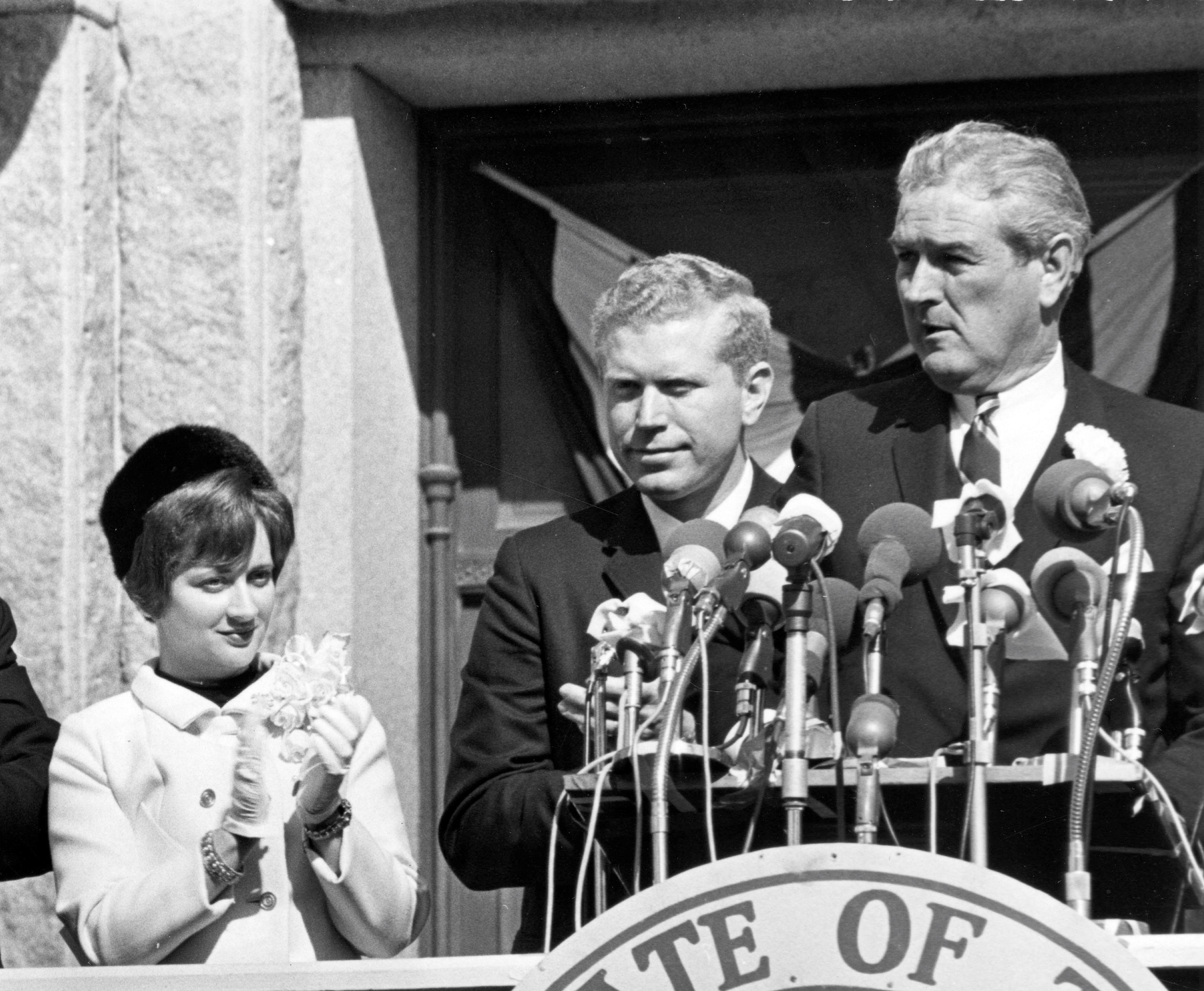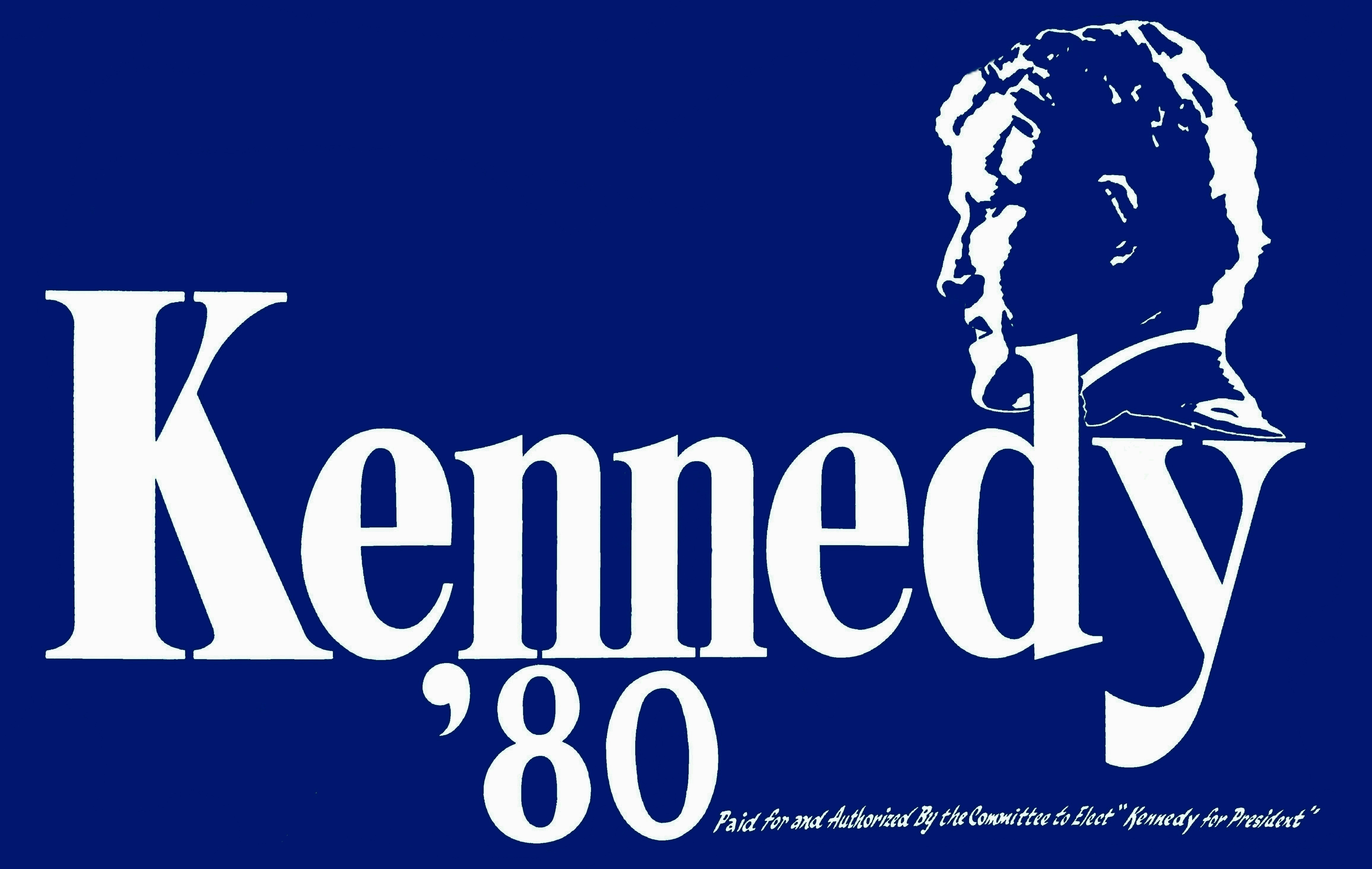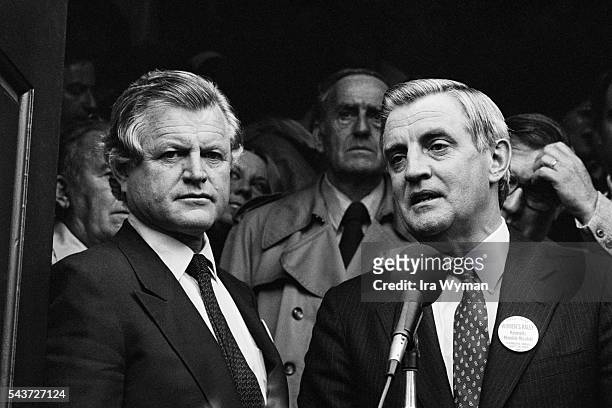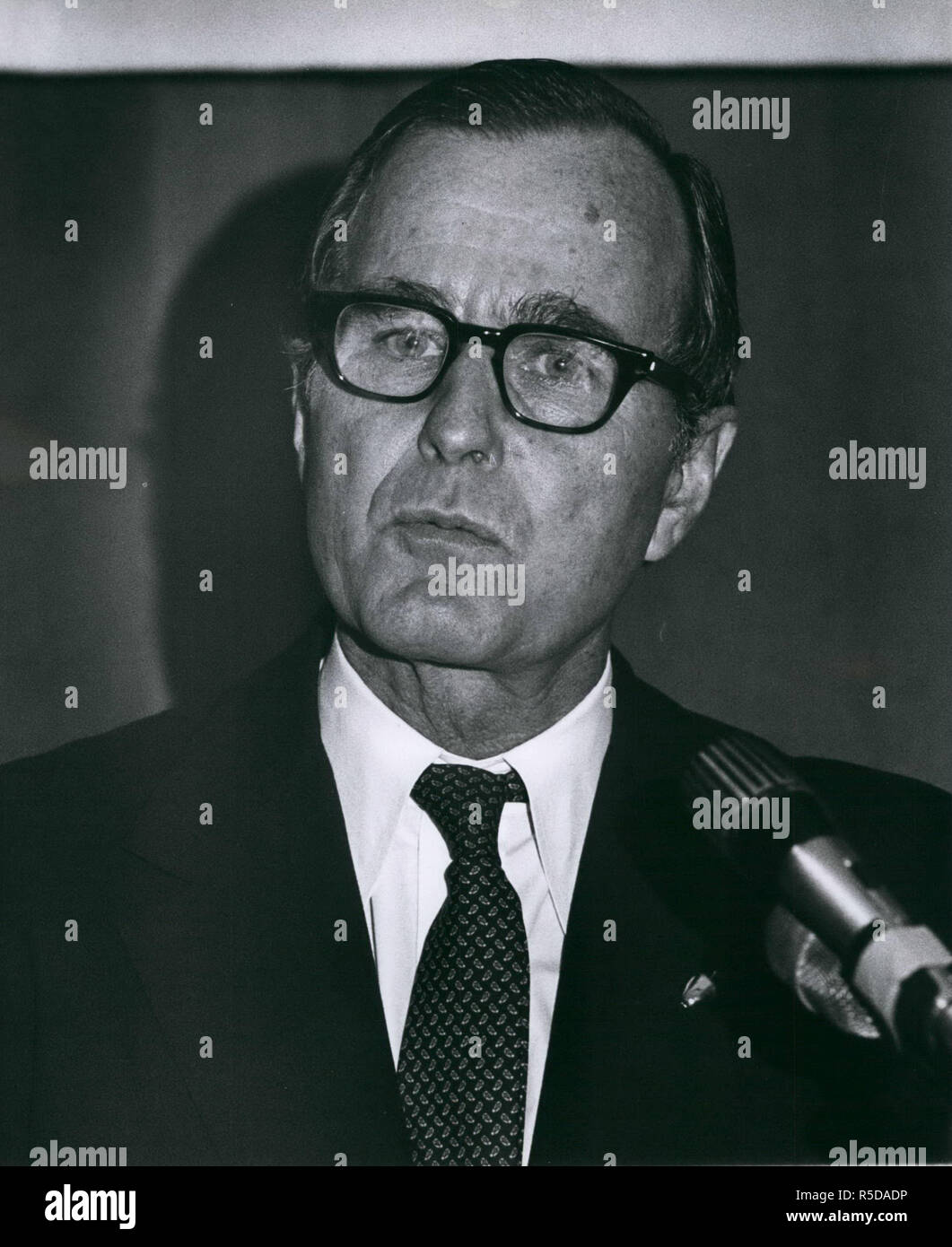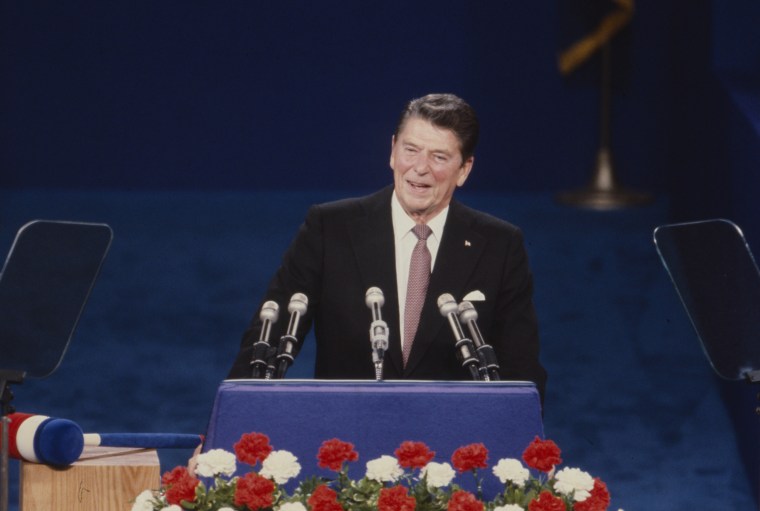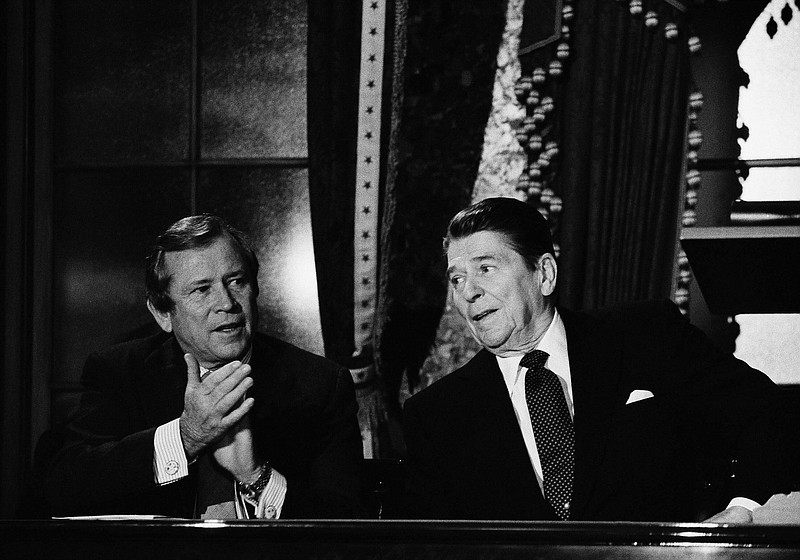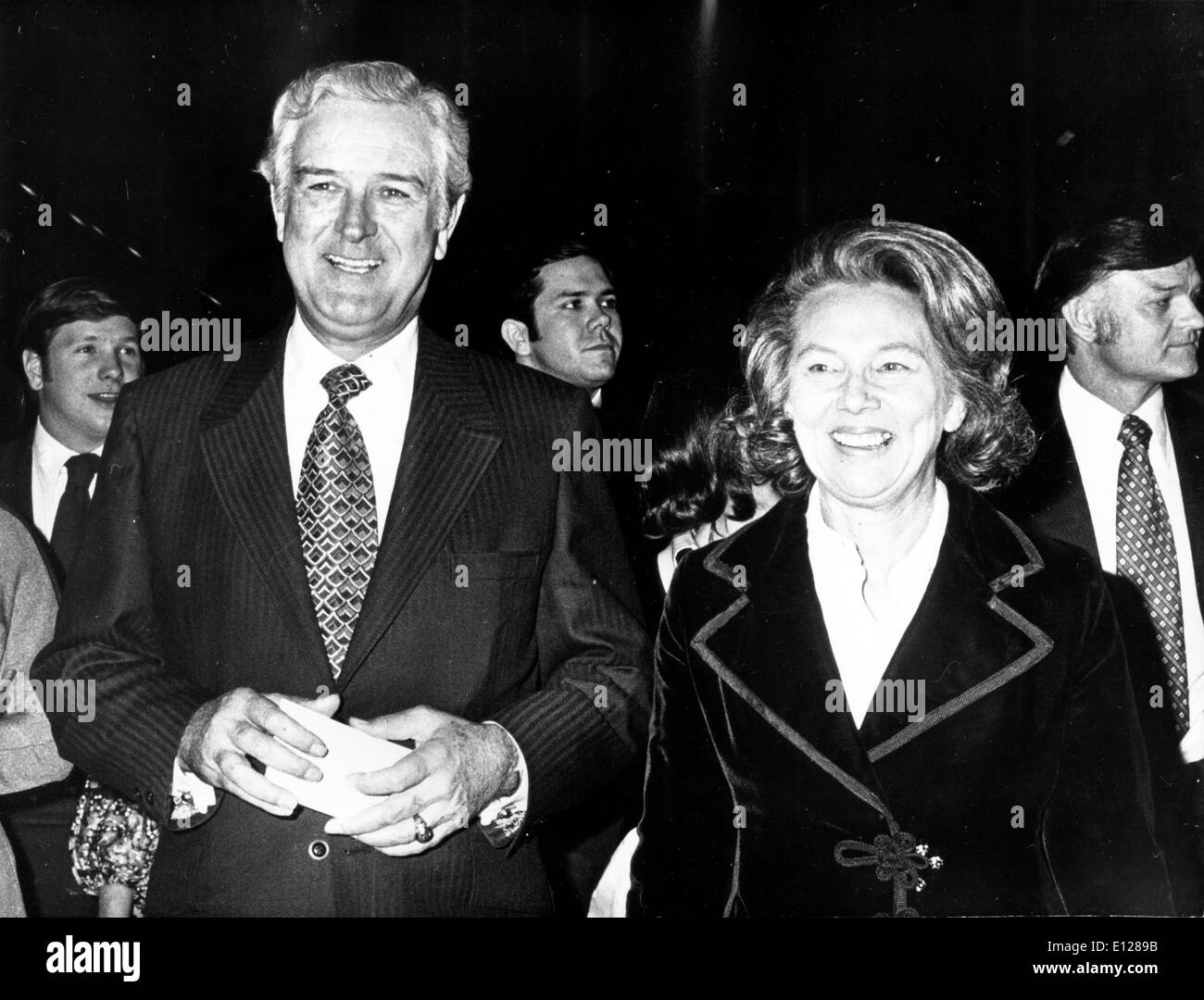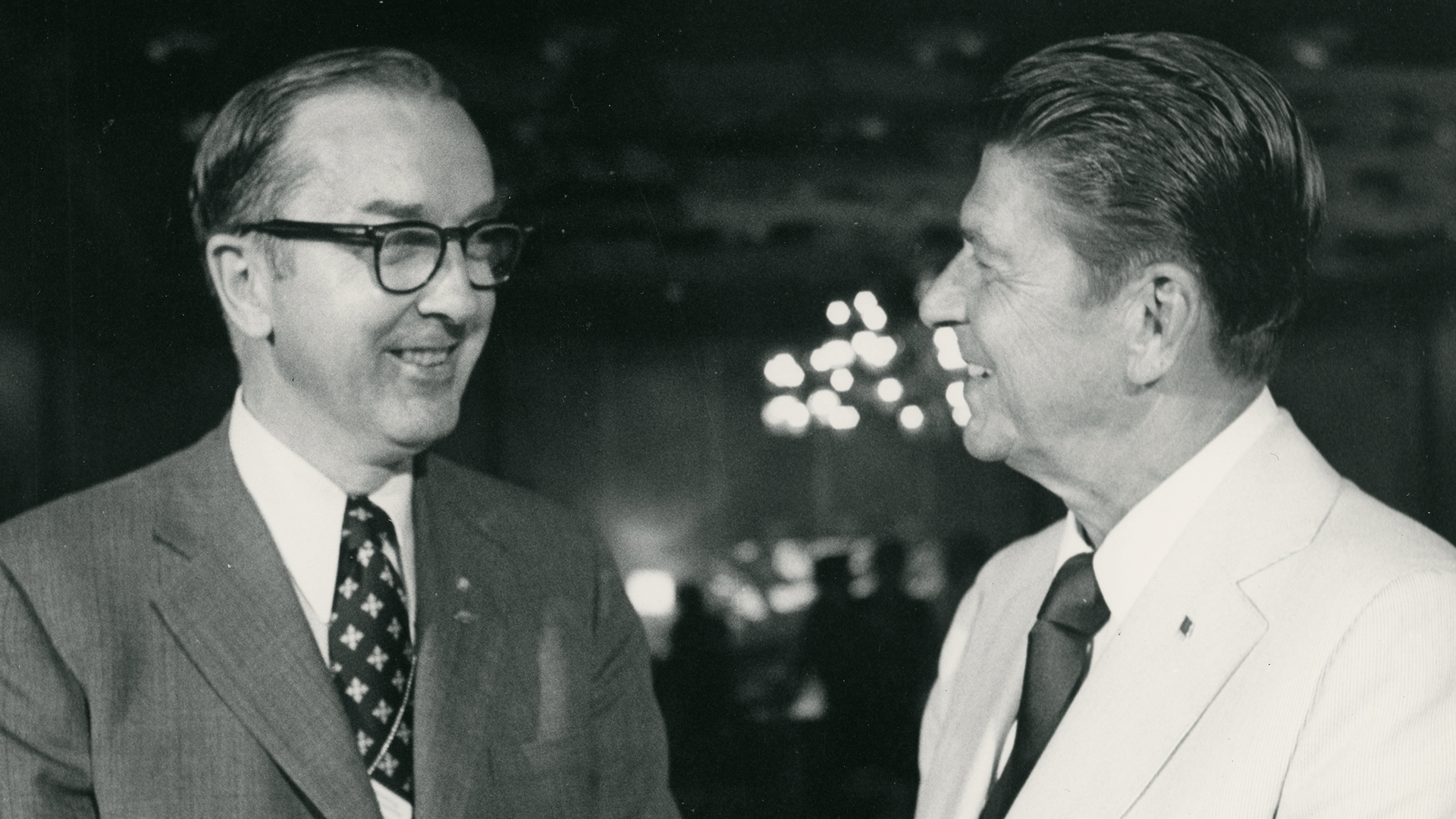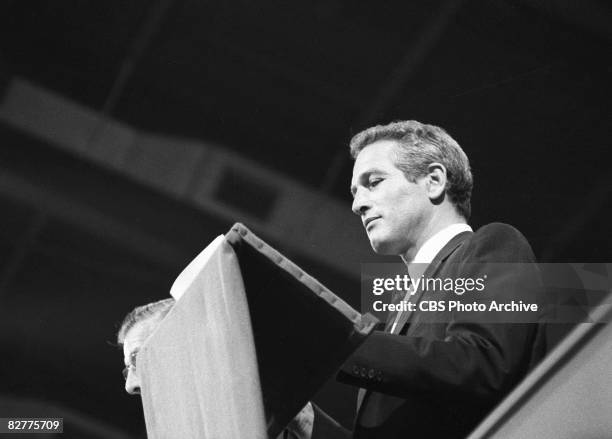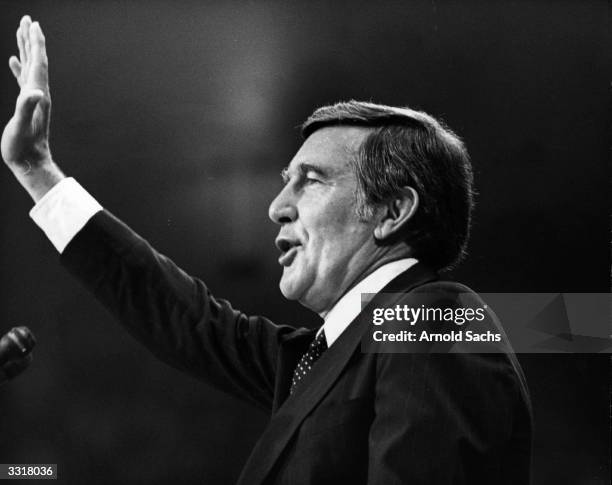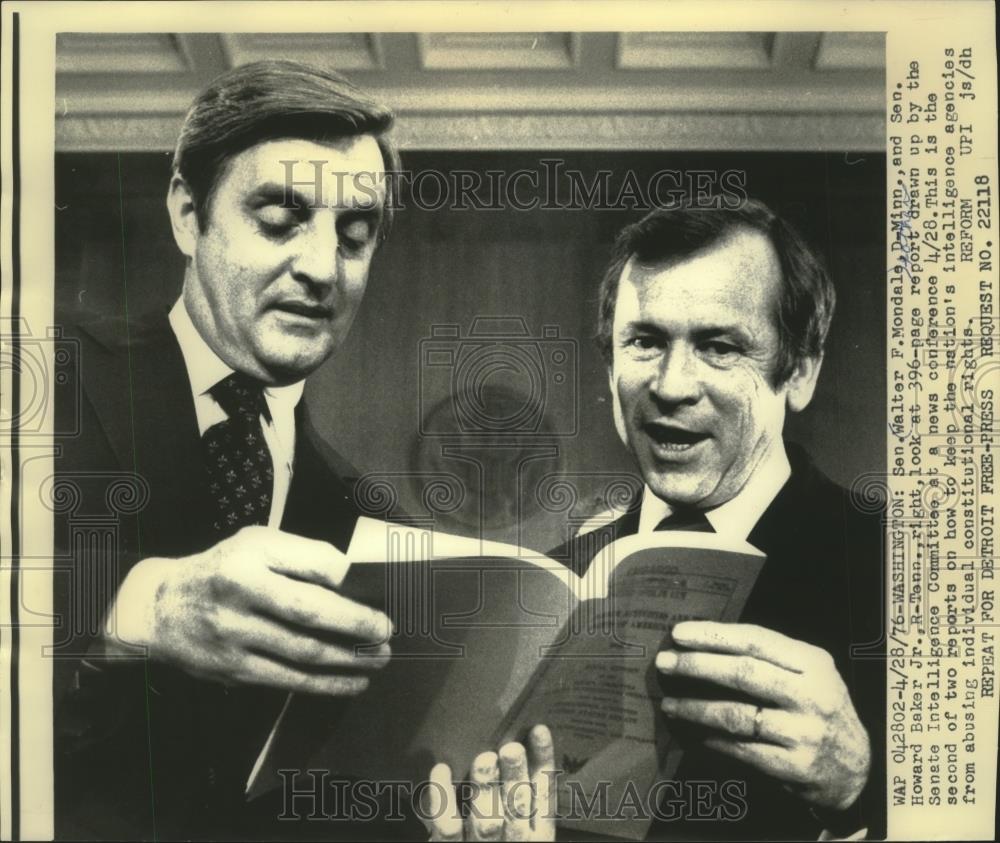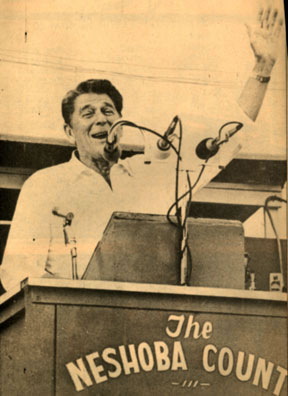Chapter 1: The Entrance of the Maverick
"There is no doubt that John Anderson's campaign has influenced my strategy in New Hampshire,"-John McCain during an interview in 2000.
When John Anderson entered the race it was not with a splash, but a drip. Despite being well known for his independent streak and pragmatic approach in Congress, he was virtually unknown to the American public. This, however, was not the biggest obstacle he faced in his campaign to secure the Republican nomination. The main issue was that he was a Liberal Republican, a dying breed who were increasingly at odds with the conservative and southern-oriented direction of the party. The clock had been ticking for them ever since 1964 when the popular New York Nelson Rockefeller had been defeated by senator Barry Goldwater who openly advocated for the use of nukes in Vietnam and the partial privatization of Social Security. It had been ticking ever faster since the rise of Ronald Reagan and the end of the Nixon presidency. It had taken the united effort of the Republican establishment to stop Reagan from overthrowing an incumbent president, Gerald Ford in 1976 and now it seemed as though Reagan was destined to be the nominee. To make matters worse he did not even have the support of the majority of Liberal Republicans, a small minority in the party. They remained undecided as Lowell Weicker and Howard Baker announced their candidacies and as speculation mounted that Charles Percy, Charles Mathias, or even Gerald Ford might run to take up the mantle of the Rockefeller Republicans. His poll numbers remained dismal throughout 1979, peaking in July at 3% and declining in November to 0%. But Anderson carried on undeterred. Quickly realizing that he had no shot of even making a decent showing in Iowa he focused all his resources in New Hampshire. He would let Reagan sweep the first few contests before garnering a second place win in the granite state establishing himself as the main opponent of Reagan. He still remained confident that the voters would choose him an honest and effective legislator over an aging B movie actor. It would have helped if he had the charisma of some of the other candidates like Connally and Reagan or a large war-chest like Bush, yet he had neither. But he had something which was especially suited for the famously independent granite state, uniqueness. Unlike any of the other candidates in the race he would not pander to voters and tell them what they wanted to hear, in fact he often did the opposite. He would draw the ire of a crowd of gun owners by advocating gun control in a speech he gave to them as well as many other groups of voters who did not like what he had to say in other speeches. Yet this strategy was oddly starting to work. Initially met with apathy by the voters of New Hampshire, they soon started to warm up to him. While his policy proposals were not universally popular he gathered more and more support in the state with his moderate politics and use of "Straight Talk." By the beginning of the New Year it seemed he had a strong base of support in the state which would only increase as Weicker dropped out and Percy, Mathias, and most importantly Ford announced they weren't running. As he campaigned he also spent a great deal of time prepping for the first Republican debate between the different candidates in Iowa. He doubled down on his maverick persona in front of a national audience while he directed a few attacks at the absent Reagan who had decided to skip the debate. While the most memorable candidates in the debate were Connally with his Texas charm and Dole with his one liners, Anderson's performance in the debate was well received, further increasing his polling numbers and name recognition . Everything continued as expected for Anderson and it seemed as though things were progressing well for him. However, everything changed on January 21st, the day of the Iowa Caucasus.
"There is no doubt that John Anderson's campaign has influenced my strategy in New Hampshire,"-John McCain during an interview in 2000.
When John Anderson entered the race it was not with a splash, but a drip. Despite being well known for his independent streak and pragmatic approach in Congress, he was virtually unknown to the American public. This, however, was not the biggest obstacle he faced in his campaign to secure the Republican nomination. The main issue was that he was a Liberal Republican, a dying breed who were increasingly at odds with the conservative and southern-oriented direction of the party. The clock had been ticking for them ever since 1964 when the popular New York Nelson Rockefeller had been defeated by senator Barry Goldwater who openly advocated for the use of nukes in Vietnam and the partial privatization of Social Security. It had been ticking ever faster since the rise of Ronald Reagan and the end of the Nixon presidency. It had taken the united effort of the Republican establishment to stop Reagan from overthrowing an incumbent president, Gerald Ford in 1976 and now it seemed as though Reagan was destined to be the nominee. To make matters worse he did not even have the support of the majority of Liberal Republicans, a small minority in the party. They remained undecided as Lowell Weicker and Howard Baker announced their candidacies and as speculation mounted that Charles Percy, Charles Mathias, or even Gerald Ford might run to take up the mantle of the Rockefeller Republicans. His poll numbers remained dismal throughout 1979, peaking in July at 3% and declining in November to 0%. But Anderson carried on undeterred. Quickly realizing that he had no shot of even making a decent showing in Iowa he focused all his resources in New Hampshire. He would let Reagan sweep the first few contests before garnering a second place win in the granite state establishing himself as the main opponent of Reagan. He still remained confident that the voters would choose him an honest and effective legislator over an aging B movie actor. It would have helped if he had the charisma of some of the other candidates like Connally and Reagan or a large war-chest like Bush, yet he had neither. But he had something which was especially suited for the famously independent granite state, uniqueness. Unlike any of the other candidates in the race he would not pander to voters and tell them what they wanted to hear, in fact he often did the opposite. He would draw the ire of a crowd of gun owners by advocating gun control in a speech he gave to them as well as many other groups of voters who did not like what he had to say in other speeches. Yet this strategy was oddly starting to work. Initially met with apathy by the voters of New Hampshire, they soon started to warm up to him. While his policy proposals were not universally popular he gathered more and more support in the state with his moderate politics and use of "Straight Talk." By the beginning of the New Year it seemed he had a strong base of support in the state which would only increase as Weicker dropped out and Percy, Mathias, and most importantly Ford announced they weren't running. As he campaigned he also spent a great deal of time prepping for the first Republican debate between the different candidates in Iowa. He doubled down on his maverick persona in front of a national audience while he directed a few attacks at the absent Reagan who had decided to skip the debate. While the most memorable candidates in the debate were Connally with his Texas charm and Dole with his one liners, Anderson's performance in the debate was well received, further increasing his polling numbers and name recognition . Everything continued as expected for Anderson and it seemed as though things were progressing well for him. However, everything changed on January 21st, the day of the Iowa Caucasus.
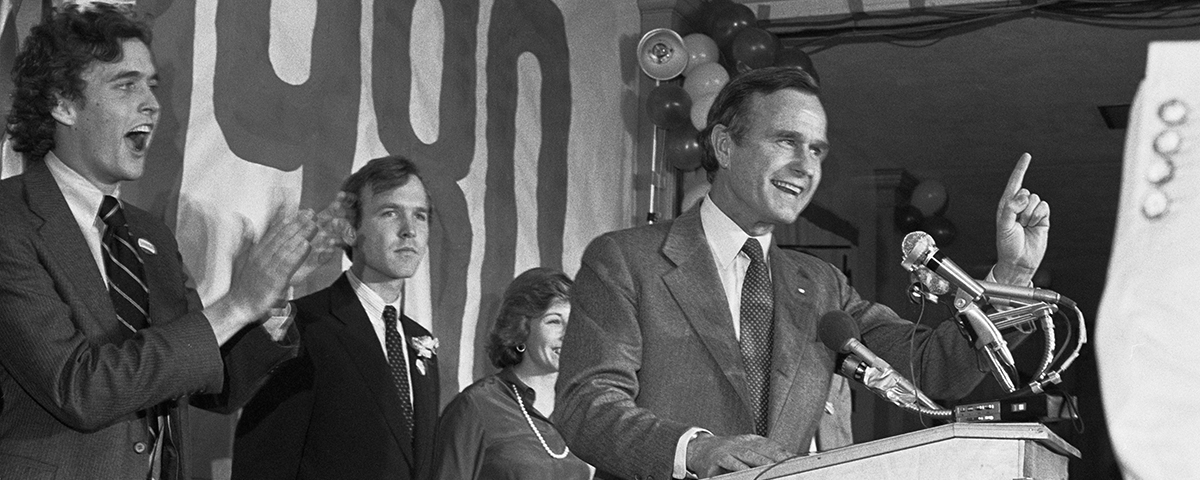
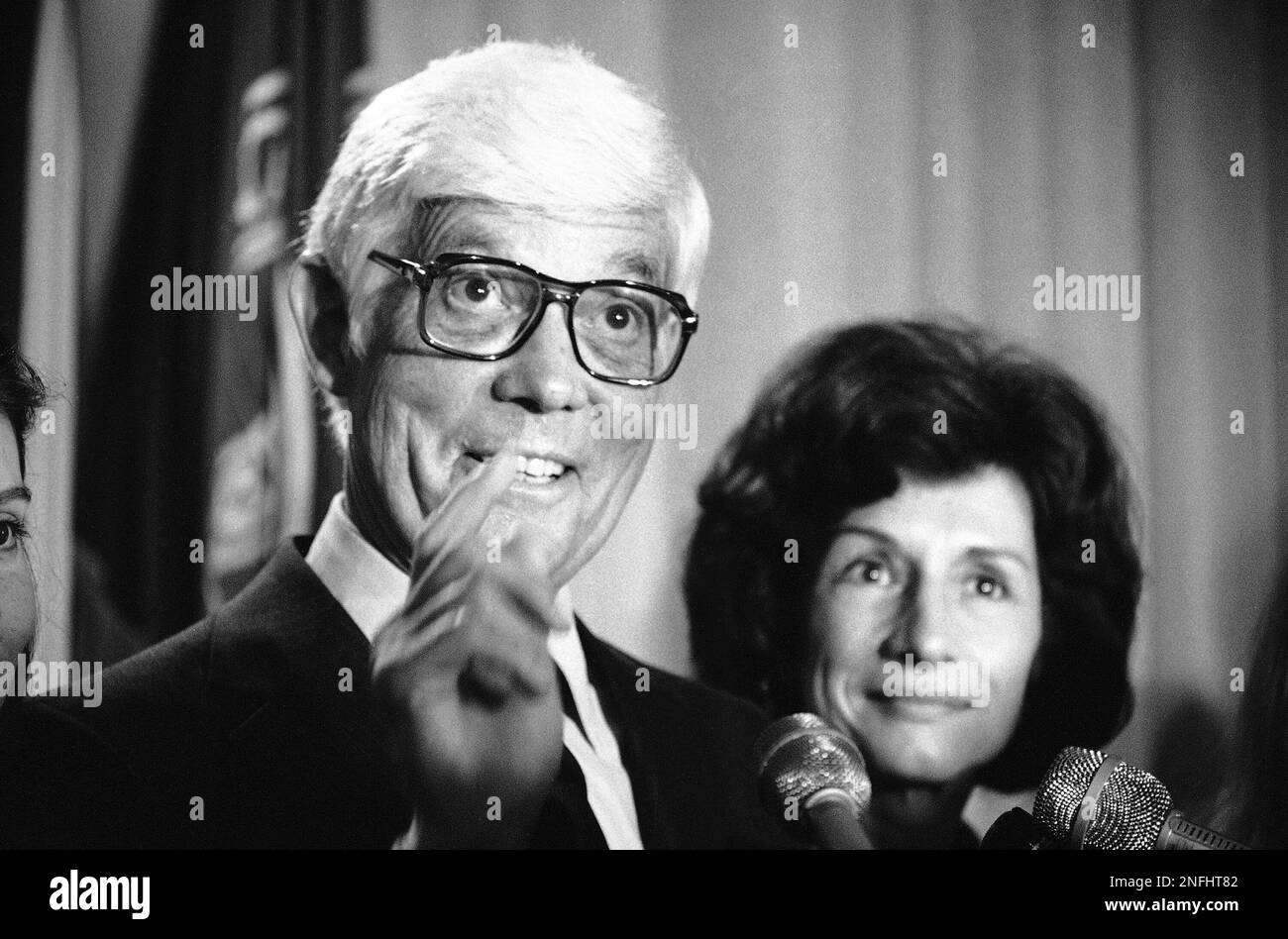
![Former Governor of Texas John Connally at a lectern, announcing his running for the 1980 Republican nomination at the National Press Club, Washington, D.C.] / TOH. | Library of Congress Former Governor of Texas John Connally at a lectern, announcing his running for the 1980 Republican nomination at the National Press Club, Washington, D.C.] / TOH. | Library of Congress](https://tile.loc.gov/storage-services/service/pnp/ppmsca/56500/56530v.jpg)
